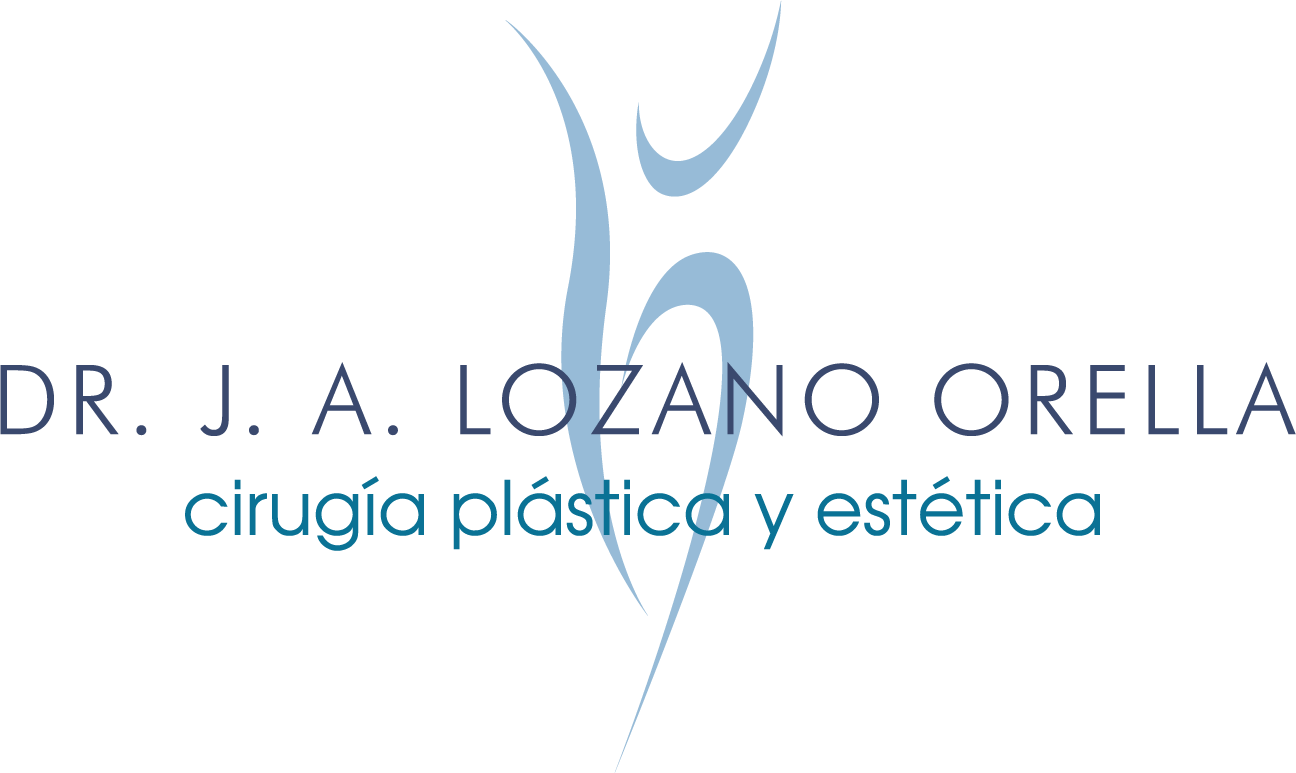Chlorhexidine Oral Rinse (Peridex, PerioGard, And Others) – Uses, Side Effects, And More
Uses
What Is Chlorhexidine Oral Rinse Used For?
Chlorhexidine oral rinse is primarily used as an antiseptic mouthwash. It helps reduce bacteria in the mouth, which makes it effective for treating gingivitis. This rinse can significantly decrease swelling and redness of gums and prevent gum bleeding. For individuals with oral health issues, it’s a key component in managing their dental hygiene routine.
How Does Chlorhexidine Oral Rinse Work (Mechanism Of Action)?
The rinse works by disrupting the bacterial cell membrane. This disruption inhibits bacterial growth and effectively kills bacteria, thereby maintaining oral hygiene. Its broad-spectrum antibacterial action makes it ideal for treating gum disease and preventing dental plaque accumulation.
How Is Chlorhexidine Oral Rinse Supplied (Dosage Forms)?
Chlorhexidine oral rinse typically comes in liquid form, often in bottles or dispensers. The standard concentration is 0.12%, suitable for oral use. It’s important to use the product as directed to ensure optimal effectiveness.
How Should I Store Chlorhexidine Oral Rinse?
Store chlorhexidine oral rinse at room temperature, away from direct sunlight and moisture. Make sure the cap is tightly closed after each use to prevent contamination. Keeping it out of reach of children is crucial to ensure safety.
Side Effects
What Are The Most Common Side Effects Of Chlorhexidine Oral Rinse?
Users may experience some common side effects, such as temporary staining of teeth and alterations in taste. These effects are generally mild and resolve once the treatment is discontinued.
What Are The Serious Side Effects Of Chlorhexidine Oral Rinse?
Serious side effects are rare, but they can include severe allergic reactions such as rash, itching, and swelling. If you experience these symptoms, discontinue use immediately and seek medical advice.
Warnings & Precautions
Who Should Not Use Chlorhexidine Oral Rinse?
Individuals with a known hypersensitivity to chlorhexidine should avoid using this rinse. It’s also not recommended for children under 18 years of age without professional medical guidance.
What Should I Know About Chlorhexidine Oral Rinse Before Using It?
Before using chlorhexidine oral rinse, it’s essential to be aware that it may cause staining on dental restorations. Regular dental visits can help mitigate these effects and maintain oral health.
What Should I Tell My Healthcare Provider Before Using Chlorhexidine Oral Rinse?
Inform your healthcare provider about any medical conditions or allergies you have. Discuss any medications you’re currently taking, as this can impact the safety and effectiveness of the oral rinse.
Interactions
Does Chlorhexidine Oral Rinse Interact With Foods Or Drinks?
While there are no known interactions with specific foods or drinks, it’s best to avoid consuming them immediately after rinsing to ensure maximum efficacy of the treatment.
Does Chlorhexidine Oral Rinse Interact With Other Medicines (Drug Interactions)?
Currently, no significant drug interactions are known with chlorhexidine oral rinse. However, it’s always wise to consult your healthcare provider when adding a new treatment to your regimen.
Overdose/Missed Dose
What Should I Do If I Miss A Dose Of Chlorhexidine Oral Rinse?
If you miss a dose, use it as soon as you remember. However, if it’s near the time for your next dose, skip the missed dose and resume your regular schedule. Avoid doubling up on doses.


